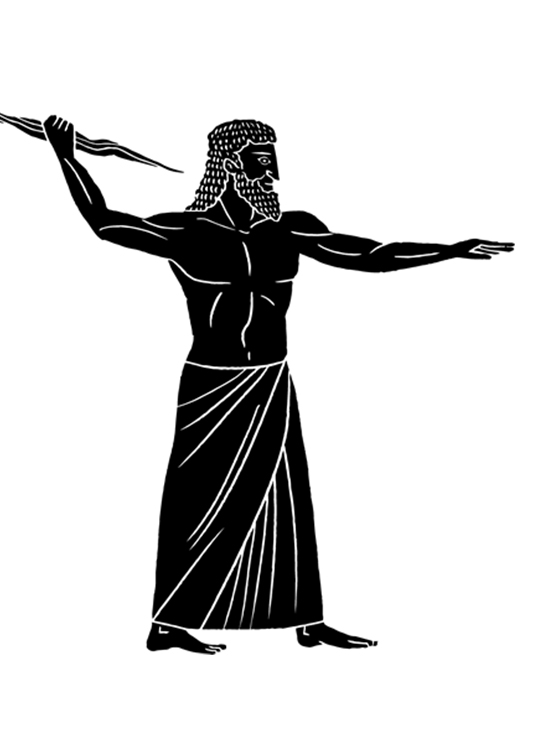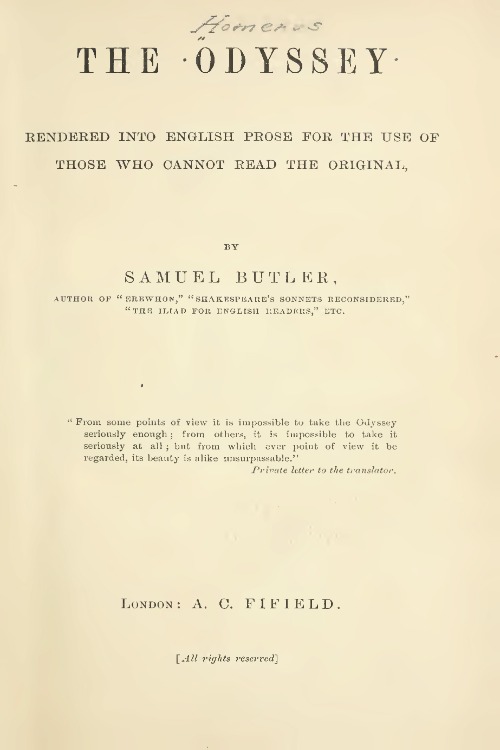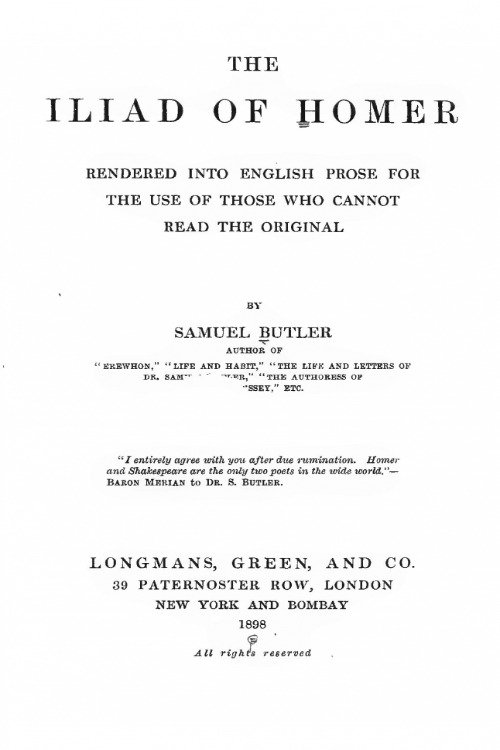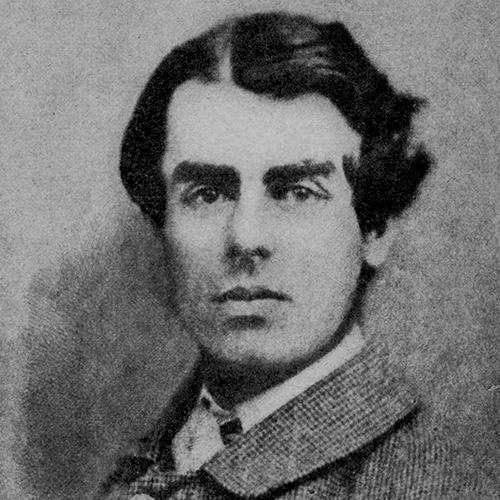About
The Odyssey is a well-known and freely available translation of the Odyssey hero myth (first published in 1900). Samuel Butler, who also translated The Iliad in 1898, took a keen interest in Greek mythology and translated standard prose versions of the epics in order that they could be read by a wider audience.
Source: OMNIKA
Access
Read for free
External sources
Primary
Myth
After the Trojan war, Odysseus sails home with his men. During his long journey, he faces challenges such as the "cyclops," the Sirens, and other fantastical creatures. He hurries home because suitors are trying to take his wife's hand in marriage. When Odysseus gets home, he wins a challenge, reclaims his life, and kills all the suitors.
Belief system

The ancient Greek belief system represents a collection of cultural myths and stories that date back to circa 1300-1200 BCE. Its pantheon of deities were widely known and written about in Greek texts. The Romans...
Deity

Zeus (Greek: Ζεύς) was the sixth child of Kronos and Rhea, the original Titan deities in the Greek pantheon. Zeus ruled Mount Olympus and was said to control thunder.
Translation

"The Odyssey" is a full transcript of the Odyssey hero myth by Samuel Butler in 1900. This myth is considered by many as a sequel to the Iliad, which was also translated by Butler. Butler translated the work into prose from the Homeric Greek for a broad audience. It contains all twenty-four books through 323 pages. Butler's version is readable for a layman audience. This work is attributed to a single man named Homer; however, many scholars do not accept this authorship claim.
Myths cited
It looks like only the main myth was referenced in this work.
Belief systems cited
It looks like only the main belief system was referenced in this work.
Other works
Book · 1900

The Odyssey is a well-known and freely available translation of the Odyssey hero myth (first published in 1900). Samuel Butler, who also translated The Iliad in 1898, took a keen interest in Greek mythology and translated standard prose versions of the epics in order that they could be read by a wider audience.
Book · 1898

The Iliad of Homer by Homer is one of the greatest epic poems ever written. In twenty-four books, the last ten days of the Trojan war is recounted, while centering on its main hero: Achilles. The epic is about the rage of Achilles, and their consequences. Samuel Butler's 1898 version is readable for a layman audience, even in the contemporary period. This version in prose form, meaning that it is meant to be read in paragraph block form like we read today. It is 475 pages long (including the front and back matter) and was published in London, England.
Contributor
Cite this work
ChicagoHomer. The Odyssey: Rendered Into English Prose for the Use of Those Who Cannot Read the Original. Translated by Samuel Butler. London, England: A.C. Fifield, 1900.

















